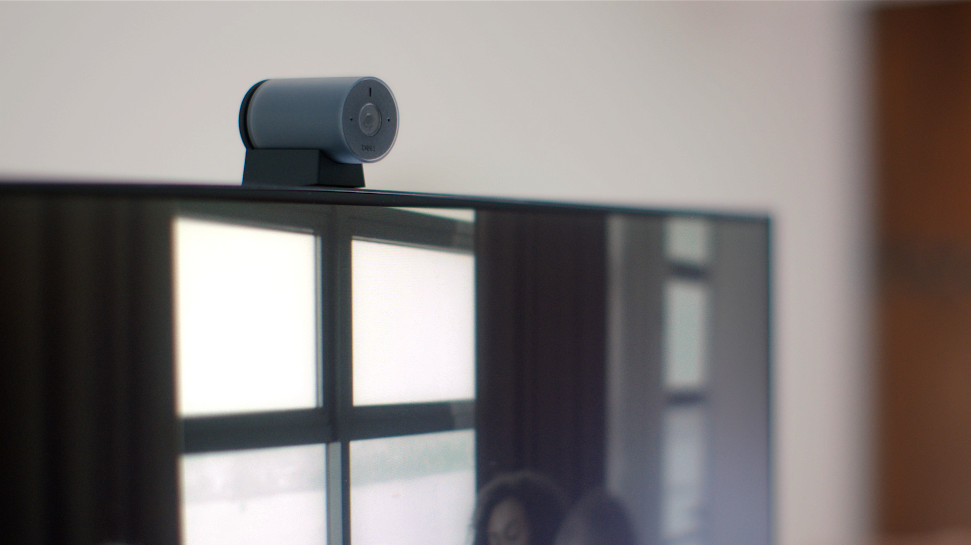
A new study by researchers from the Massachusetts Institute of Technology (MIT) has uncovered a potential privacy threat that could be affecting millions of screen users globally.
Similar to spying through webcams, the new find reveals how hackers could use ambient light sensors in devices to obtain information about users.
Many individuals have already chosen to cover their webcams with tape or third-party accessories, however this new study reveals even those users could still be at risk to certain forms of spyware.
Ambient light sensors at risk of hacking attacks
The MIT team conducted experiments using a Samsung Galaxy View2, a large 17.3-inch touchscreen tablet that was released in 2019, however the configuration of its ambient light sensor next to the front-facing camera is a common setup used in most devices.
By combining the sensors with an active light source from the device’s screen, researchers were able to demonstrate the ability recognize victims’ hand positions, gestures, and even detect the presence of a human face.
Though this in itself is a far less serious risk than the full field of view provided by a webcam, mathematic algorithms, image processing technology, and artificial intelligence saw the researchers achieve results that were more worrying.
Rather than suggesting that users cover up ambient light sensors, which can be useful in making devices more comfortable, the researchers suggested that manufacturers reconsider the default permissions granted to such sensors.
MIT’s team also advised that manufacturers reduce sensor speed, thus mitigating the risks without having a detrimental impact on user comfort. Sensors could also be built into a different area of the device so that they do not face the user.
More from TechRadar Pro
- Need a hardware upgrade? These are the best business tablets
- The growing threat of data breaches in the age of AI and data privacy
- We’ve rounded up the best business laptops and the best mobile workstations







